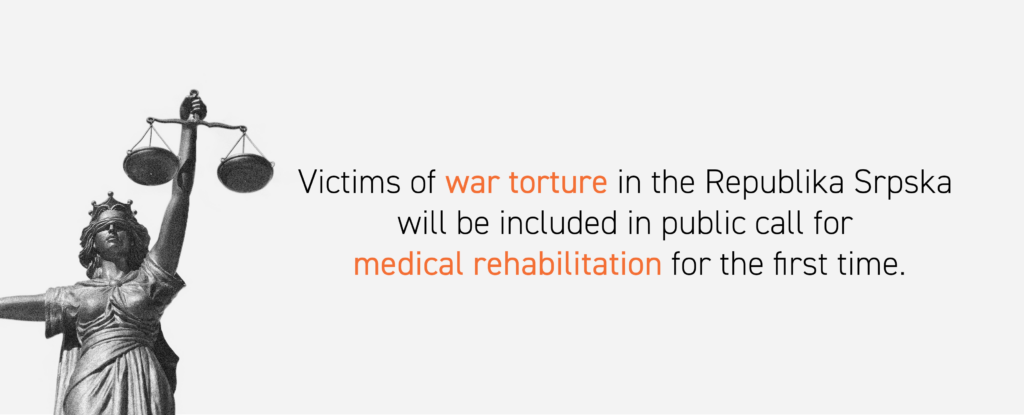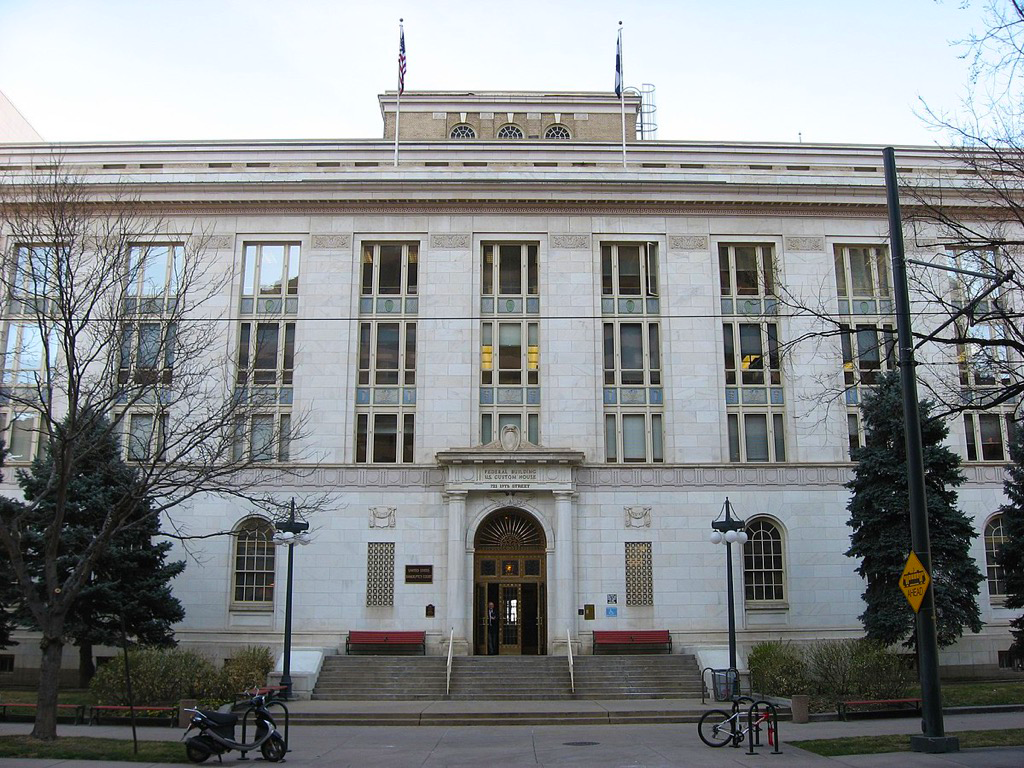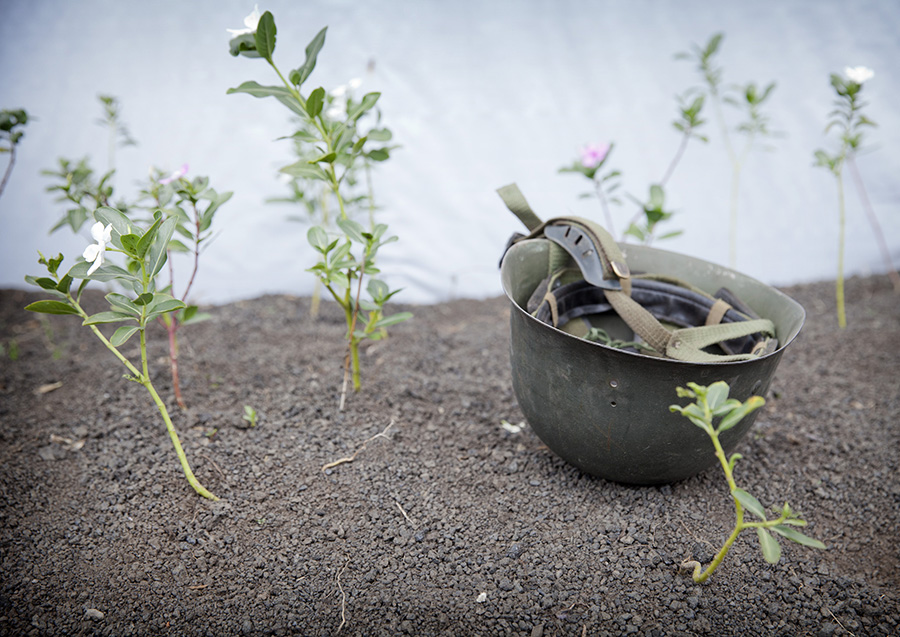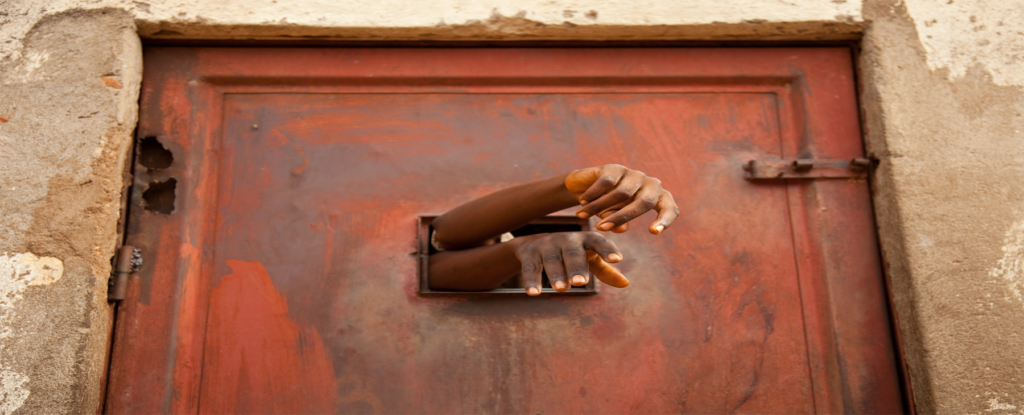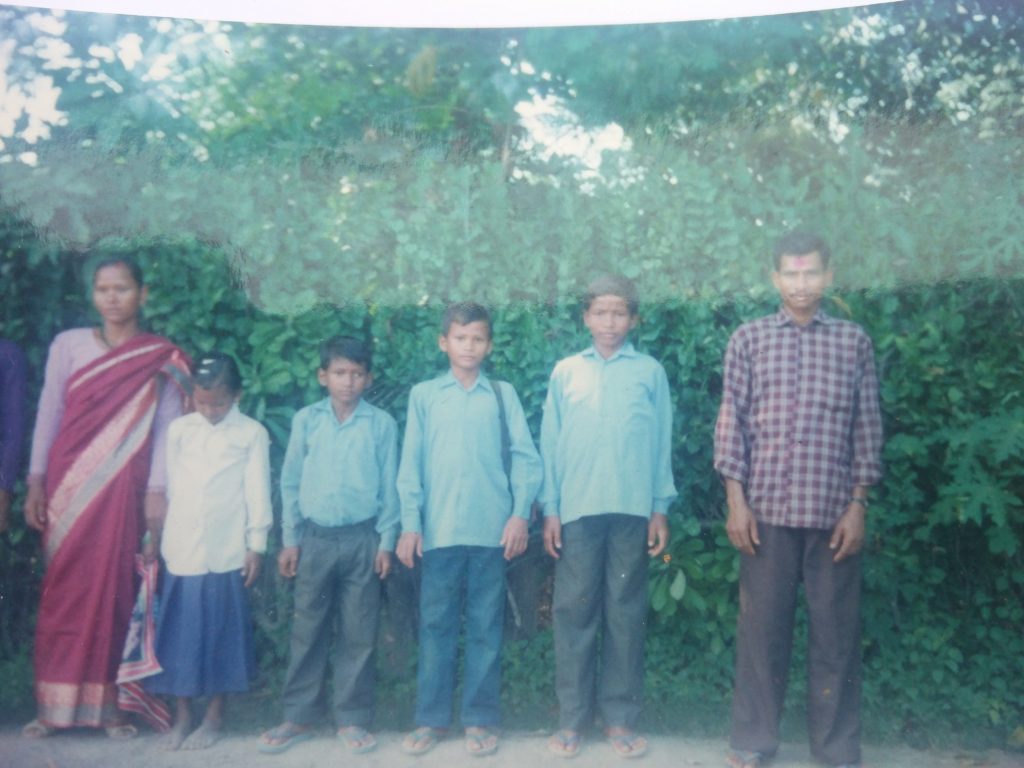Fight against impunity: will Tunisia respect its commitments?
Tomorrow, on the 13 December, the Tunis Court of Appeal will deliberate on the fate of the torturers of Rached Jaïdane, who was arrested and tortured in 1993 and during his 13 years of imprisonment. On 11 September, the Committee against Torture condemned Tunisia for violating the Convention against Torture by ensuring the impunity of Rached Jaïdane’s torturers. The decision of the Court of Appeal will reveal whether Tunisia intends to keep its promises of justice and turn the page on its dark hours.
In 1993, Rached Jaïdane, a university teacher in France, went to Tunisia to attend his sister’s wedding. On 29 July, state authorities arrested him at home without a warrant. He was then kept for 38 days in secret detention and torture at the Ministry of the Interior under the direct supervision of top officials of Ben Ali’s security regime. Rached Jaïdane was questioned about his alleged links with a leader of the Islamist party Ennahda, who lives in exile in France.
After being physically attacked, he ended up signing confessions, without even reading them, in which he admits having prepared an attack against the party of Ben Ali. After 3 years of judicial investigation conducted by a juge aux ordres*, Rached Jaïdane was sentenced to 26 years in prison after a 45-minutes trial. He was released in 2006 after enduring 13 years of torture and ill-treatments in Tunisian prisons.
The story of Rached Jaïdane is emblematic of the Tunisian torture system, which the post-revolution governments promised to bring closure to by dispensing justice to the victims. And yet …
Just after the revolution, Rached Jaïdane files a complaint for torture. The investigation is botched. The indescribable tortures he suffered are described as a simple violence offence punishable by up to five years imprisonment on the grounds that the crime of torture did not exist in the penal code at the time of the events. Yet, many other options were available to the judge to qualify the crime’s facts.
The trial has been postponed on multiple occasions. The verdict falls in April 2015: prescription! The facts are considered too old. Those representing the torture machine get off scot-free.
Through this judgment, the Tunisian justice not only destroyed Rached Jaïdane’s hopes of justice, but also, more generally, swept away the repeated pledge to bring justice to the victims of Bourguiba and Ben Ali.
A decision strongly condemned by the Committee against Torture, who asked in particular Tunisia to resume the investigation and prosecute the torturers of Rached Jaïdane for offences reflecting the gravity of the facts.
* “judge responsible for supervising the distribution of the proceeds of sale between the mortgages or other preferential creditors” – The Council of Europe French-English Legal Dictionary – F. H. S. Bridge
Contact Media :
ACAT (Action des chrétiens pour l’abolition de la torture) : Mariam Chfiri, mariam.chfiri@acatfrance.fr ; +33 (0)1 40 40 40 24/ +33 (0)6 28 75 47 94
OMCT (Organisation mondiale contre la torture): Camille Henry, ch@omct.org; +216 27 842 197

